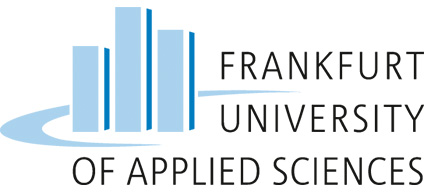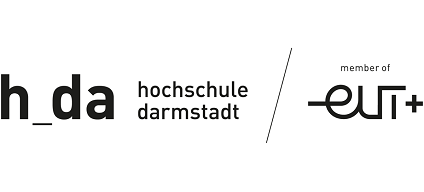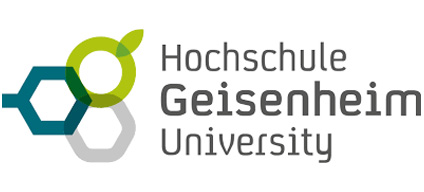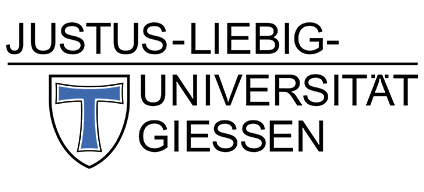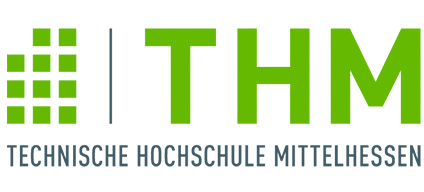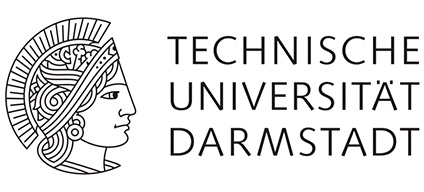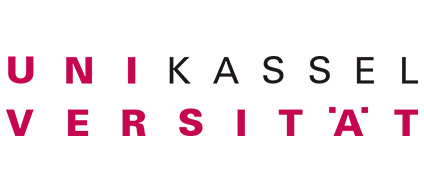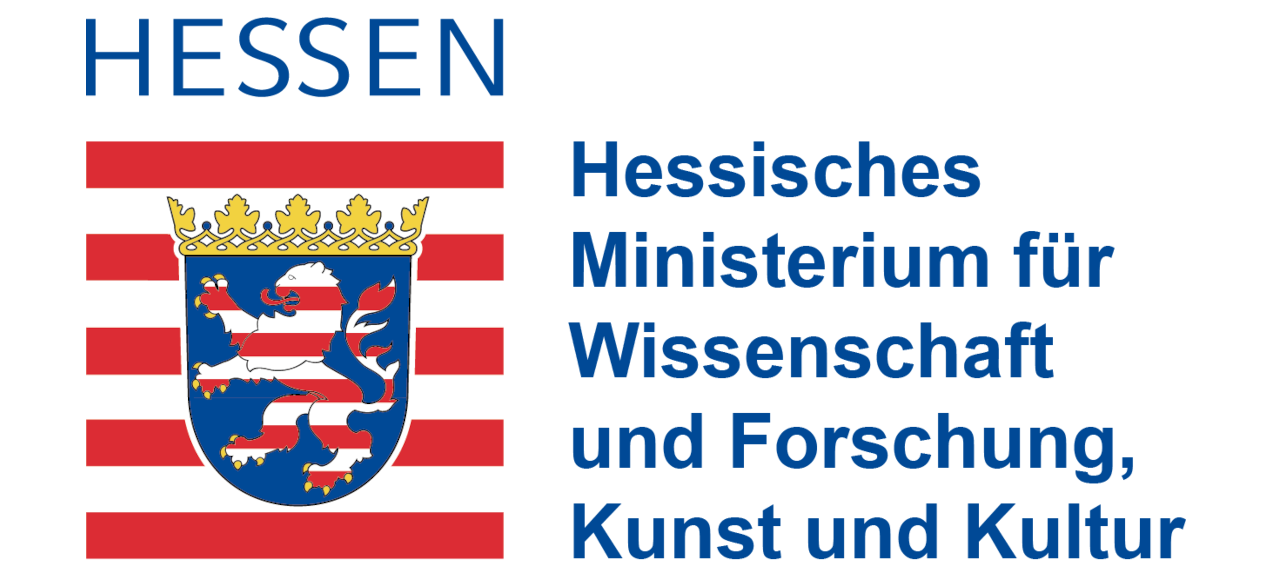Main Content
HeFDI Data School 2021

The HeFDI Data School will start a new round in 2022. More information will follow shortly.
In the HeFDI Data School, we offer you cross-location and interdisciplinary training on research data management. The Data School is aimed at doctoral students and research staff; the training courses are free of charge. The pilot round of the Data School started in the summer semester of 2021.
Modules of the HeFDI Data School 2021
Module 1: , 16.06.2021, 10 h
Presenter: Robert Lipp, Frankfurt University of Applied Sciences
Duration: 2 hoursIn the introductory part of the workshop series, we will teach you how you can benefit from professional research data management throughout the entire life cycle of your research data and live good scientific practice. You will learn about the range of possibilities to make your data Findable, Accessible, Interoperable and Reusable (FAIR).
Module contents
- Why research data management?
- Benefits of FDM for researchers
- Good scientific practice (GWP)
- Research data life cycle
- FAIR/CARE principlesModule 2: The Data Management Plan (DMP), 14.07.2021, 10 h
Presenter: Patrick Langner, Hochschule Fulda
Duration: 2 hours
Good planning is half the battle! Whether to meet the requirements of research funders or purely to better structure one's own working methods. A well-developed data management plan is an integral part of every modern research project and helps to think about data types, data processing, storage, data publication, legal issues and other central questions of research organisation at an early stage. In this module, you will learn to create an individual data management plan (DMP) for your research project under guidance. Using tried and tested example plans, you will gain an insight into which elements a data management plan should contain and how you can use the digital DMP tool "RDMO" to write it in a structured and customisable way.
Module contents
- Why create a DMP?
- Contents and function of a DMP
- The DMP as a "living document
- Creating a DMP with RDMOModule 3: Legal Questions, 15.09.2021, 10 h
Presenter: Patrick Langner, Hochschule Fulda
Duration: 2 hours
The handling of digital research data is often touched by legal issues. How can I process personal data in a legally secure way? Does research data fall under copyright law? Who decides on the publication of data? What happens to research data when an institution changes? Especially when it comes to copyright, data protection, service and liability issues in the context of processing, sharing and publishing research data, there are many uncertainties in everyday scientific life. During the workshop, we will address these using presentations, practical elements and discussion rounds and, if possible, clear them up.
Module contents
- What are the legal framework conditions?
- Data protection and data security
- Who owns my research data?
- Copyright and licences
- Re-use of research dataModule 4: Data Organisation, Data Quality, Documentation and Metadata, 27.10.2021, 10 h
Presenter: Robert Lipp, Frankfurt University of Applied Sciences
Duration: 2 hours
Document it and you get it! Do you want your data to be used later? Do you work in a team? Will your research work possibly be interrupted in between? Whether for yourself or for others, good organisation and documentation of your research data makes work easier and increases traceability. In this module, you will learn about different tools and techniques to help you deal effectively with your data. You will also learn how to assess the quality of your data using various criteria, and in the practical part you will further develop your own data organisation strategies.
Module contents
- How do I organise my data?
- How do I ensure good data quality?
- How can I document my data?
- What is metadata and why is it important?Module 5: Collaborative Working in RDM, 17.11.2021, 10 h
Presenter: Andreas Schieberle, Hochschule Darmstadt
Duration: 2 hours
Managing research data in a team is always a challenge. Several people work on data at the same time, make evaluations and need to access data. In this workshop, you will learn how to organise your data in collaborative work processes, which tools to use for this and how to avoid data loss through a suitable backup strategy.
Module contents
- What are the challenges of collaborative work processes in research?
- Software tools for collaborative work in teams
- Versioning as a means of quality assurance
- Data protection and backup strategiesModule 6: Archiving and Publication of Research Data, 19.01.2022, 10 h
Presenter: Judith Dähne, Hochschule RheinMain
Duration: 2 hours
Your data can do more! In the last part of our workshop series, we look at what you can still get out of your data after the end of the project. In detail, the questions are: What do we mean by archiving as opposed to storage and long-term archiving? Where can this be done? How can data be published and what needs to be considered? What role do licences and open access play in this context? And how can I re-use my data myself? You will gain practical insights through the exemplary presentation of individual data repositories for quantitative and qualitative data as well as the test publication of data in a repository.
Module contents
- Archiving research data
- Data publications
- Licences and Open Access
- ReuseModule 7: Software for FDM, 16.02.2022, 10 h
Presenter: Andreas Schieberle, Hochschule Darmstadt
Duration: 2 hours
The right software facilitates data management. In this workshop, we will look at different ways of optimising data management through automation and replacing manual data processing with reproducible and traceable processing procedures.
Module contents
- Automation with Python
- Data collection and validation
- Databases and structured data formats
- Jupyter notebooks
